As one Charlotte prospers, another struggles: How Covid will shape our economic recovery
Written by Katie Peralta Soloff | Axios Charlotte, December 17, 2020.
Charlotte’s recovery will likely look like its growth for the last several decades: uneven.
Like other mid-size Sunbelt cities, Charlotte will continue to attract young talent from larger, pricier cities like New York and San Francisco. Our residential real estate market shows no signs of slowing. Companies still move here and add high-paying positions. Out-of-town developers still buy up land in hot neighborhoods.
On the other hand, we’ve lost thousands of jobs. The problem is worse among people who get paid by the hour, and among those who work in the hospitality industry. Experts worry that children who already lived in poor households are falling further behind because schools haven’t fully returned for in-person learning. Many people can’t afford to pay rent or their bills.
It’s a familiar dichotomy in Charlotte, a city that ranked dead last among the nation’s 50 largest cities in an oft-cited study of economic mobility a few years ago. Those with money are benefitting from record stock market gains, as well as the ability to save and work from home. Those who are poor are falling even further behind.
Coronavirus is only stretching existing disparities in Charlotte.
“It has actually highlighted the problems that we’ve had and we’ve known about before,” Charlotte Planning Director Taiwo Jaiyeoba said in a recent interview.
A few statistics underscore how the pandemic has crushed the local and state economy:
One in four children in North Carolina is now considered food insecure.
There are 10,535 households in Charlotte-Mecklenburg that are at greatest risk of eviction, UNC Charlotte researchers estimate.
Since mid-March, nearly 1.4 million North Carolinians have filed for state unemployment benefits.
UNC Charlotte economists project North Carolina will have lost 224,100 jobs by the end of 2020.
Local nonprofit Common Wealth Charlotte provides financial education and non-predatory loans to Charlotte’s low-income workers. These are zero-interest loans of up to $750, and they can be used for a range of needs, from rent to utilities to food.
Since April, CWC has issued 640 such loans to its clients. In a normal year, the group would have issued about 120, says Chuck Jones, CWC’s executive director.
“While there was a lot of disparity existing (in Charlotte), it will be amplified by the fact that there’s more catch up to do,” Jones says. “When you’re paycheck to paycheck and you lose income, you just get deeper and deeper into this disadvantageous position.”
What his agency is seeing parallels a national trend: According to census data, one-third of Americans say they’re struggling to cover usual expenses like food, rent, or car payments.
Threatening to worsen the rent situation for millions nationwide: The federal government’s eviction moratorium expires on December 31. Mecklenburg County recently signed a national petition urging the CDC to extend the moratorium.
And it remains to be seen whether Congress will extend the moratorium in its coronavirus relief package. Rest of story here: https://charlotte.axios.com/241934/as-one-charlotte-prospers-another-struggles-how-covid-will-shape-our-economic-recovery/
